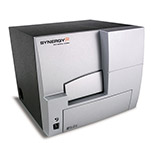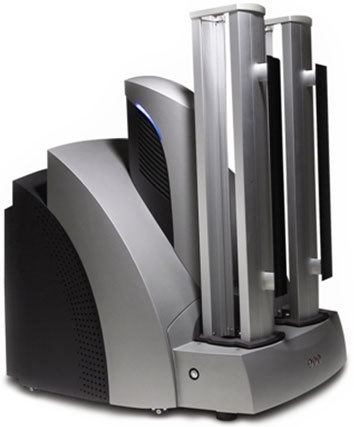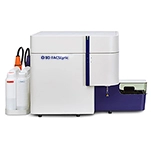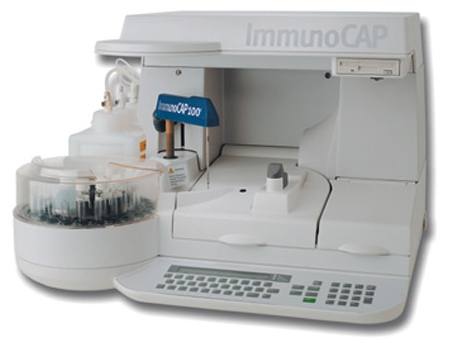ADA Assay Development Services – Customized Solutions for Your Needs
Assays for the detection of “anti-drug antibodies” (ADA) facilitate understanding of potential immune responses to biologic drug candidates, and determining the presence of ADAs and evaluating their clinical implications are a necessary part of any large molecule development program.
As one of the first teams to be involved in the initial cases of immunogenicity, BioAgilytix leverages extensive first-hand experience to deliver industry-leading expertise and services for ADA analysis and characterization, helping to accurately determine the immunogenic profile, safety, and efficacy of your therapeutic candidate.
ADA Assessment: A Key Indicator of Unwanted Immunogenicity
All biopharmaceuticals have the potential to be immunogenic and may induce ADAs. The clinical effects of ADA formation can be highly variable and may cause severe adverse events that put the patient at risk. It is therefore imperative, both to guide drug development decision-making and as a regulatory requirement, to develop and validate ADA assays with the appropriate sensitivity, specificity, and selectivity for detection.
Since ADA responses can affect the pharmacokinetics (PK), pharmacodynamics (PD), safety, and efficacy of a therapeutic candidate, ADA assays should be designed to detect antibodies that could mediate hypersensitivity responses or that have the ability to interfere with interactions between the therapeutic and its target for a neutralizing effect. This is particularly true for complex multicomponent drug modalities like those used in gene therapies. Each part of a gene therapy compound – the vector, cargo, and therapeutic protein encoded by the nucleic acid – can trigger a distinct immune response. A thoughtful and tailored approach is therefore required to address the complexities of assessing antibody-mediated immune responses of gene therapeutics.
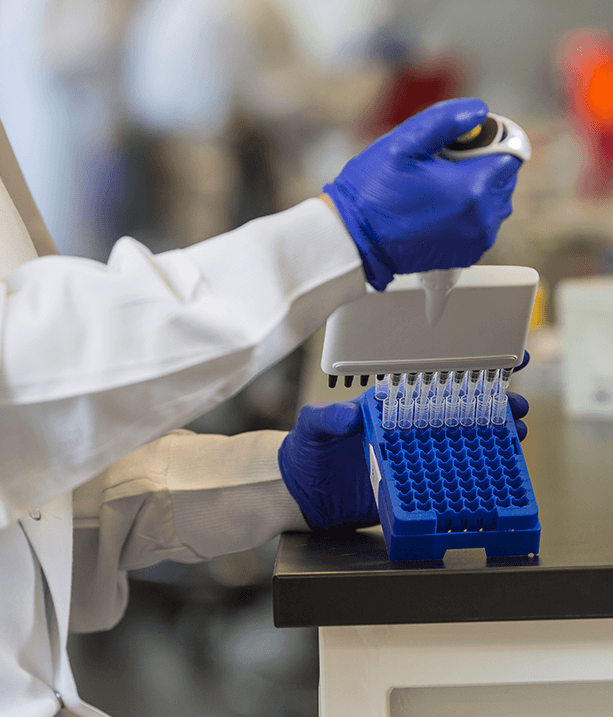
FEATURED CASE STUDY
Novel Approach To ADA Assay Development To Overcome Target Interference Issues From Dimerization
See how the BioAgilytix team designed a solid approach to overcome the challenge of target interference in an ADA assay to validate that the high rate of putative immunogenicity was due to target dimerization rather than drug-induced antibodies.
ADA Analysis: Leveraging a Tiered Approach
At BioAgilytix, we typically perform ADA analysis in a tiered-based approach, tailored to each specific project and based on an evaluation of many factors such as the presence of pre-existing antibodies and cross-reactivity of ADA of different isotypes.

The analytical cascade starts with a sensitive ADA screening resulting in a 5% false positivity rate for clinical use.* The determination of the cut point, with the help of statistical methods, is a complex and crucial step in this process. Positively screened samples must be re-analyzed in a confirmatory assay, and confirmed positive ADA samples may be further characterized for their titer, neutralizing capacity, binding affinity, isotyping, and other characteristics.
Whether we leverage biomarkers from this extensive, ever-growing menu to streamline the time and cost needed for biotherapeutics development, or collaborate with customers to develop and validate their novel assays, we are able to help identify a solution that meets the unique needs of the project, no matter the disease state or phase of development.
For example, it might be helpful to know the isotype of the ADA. IgM ADA may be an early marker of ADA formation, and the presence of IgE antibodies indicates an allergic reaction against the drug. In addition, the measurement of IgG subclasses may be supportive for the biological activities of ADA since in humans, IgG1 and IgG3 are mainly involved in complement activation and are more prone to NK cell recognition. The measurement of binding affinities of ADA is also informative for the ADA response interpretation. Since immunoassays are end-point analyses, the availability of kinetic parameters enables a comparative analysis of ADA and their biological relevance.
BioAgilytix’s ADA assays are fully validated in compliance with GLP regulations for use in pre-clinical and clinical studies.
*Other false-positive values for the screening cut point may be applied for non-clinical purposes.
Optimal Platforms To Run ADA Assays
BioAgilytix is committed to providing the highest quality bioanalysis for our customers’ ADA assessments, which we do by leveraging a variety of technology platforms. The advanced capabilities of these platforms are only enhanced by the skill of our seasoned scientific team, who are deeply experienced in optimizing them for each customer’s specific testing. The platforms we typically leverage are listed below.
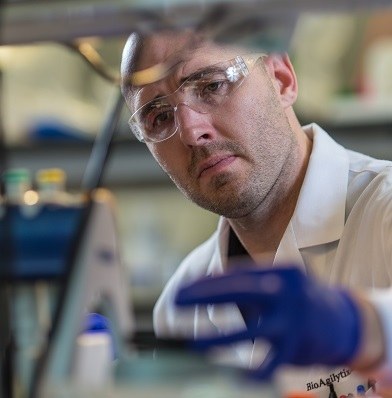
ADA Analysis Requires Proven Expertise: No One Has More Than Bioagilytix
Whether evaluating antibody-mediated immune responses to biologics, gene therapy compounds, cell therapies, biosimilars, or any other class of large molecule drugs, BioAgilytix has the track record of experience, structured process, and scientific ingenuity required to successfully perform these complex assays. Our services for ADA assessment are available globally, with immunogenicity experts at both our USA and European labs. Turn to our team to deliver the data needed to assess the safety and efficacy of your promising drug candidate – data that is right on time and right the first time, to ensure you can confidently make decisions on your program and accelerate promising drug candidates through development to reach patients sooner.
